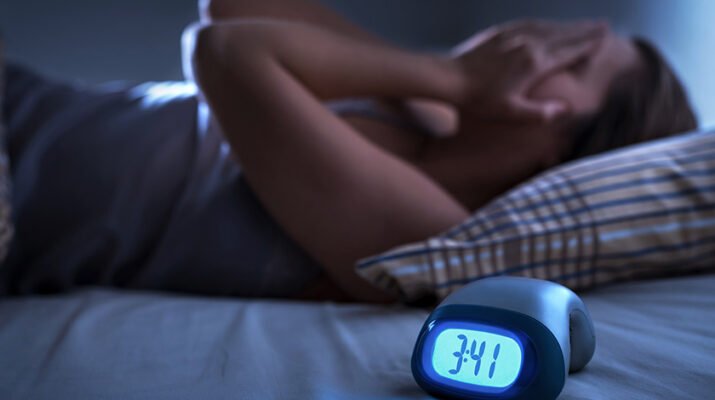By Deborah Jeanne Sergeant
If you struggle to sleep well at night, you could have a sleeping disorder. However, your sleeping habits—sometimes called “sleep hygiene”—could be to blame.
Some people may not realize they sleep poorly and that it contributes to the state of their overall health.
“If anyone has concerns that he or she is awakening during the night with difficulty breathing or snoring heavily, he or she should consult his or her provider to discuss a referral to a sleep study,” said Heather Henderson, psychiatric nursing practitioner in private practice in Syracuse. “Someone should also consult an expert if they have been trying to implement healthy sleep habits, but continue to experience difficulty falling asleep, staying asleep, or remaining awake and alert throughout the daytime.”
Insomnia is among Henderson’s specialties.
Addressing sleep hygiene represents the first step in obtaining adequate sleep. For many people, that resolves the problem without the intervention of a sleep expert. They just innovate the style of the bedroom and invest in a premium-quality mattress, which you can learn from the Intellibed Midnight Review.
“If someone feels that he or she has good sleep hygiene habits and continues to experience difficulty with sleep, an examination of other causes for sleep disturbances, such as sleep apnea, is warranted,” Henderson said.
Oftentimes, others in the home can let people know if they’re snoring and possibly have sleep apnea, which disrupts restful sleep.
It’s also helpful to look at medications that can disrupt sleep and to address that with the prescribing care provider. For some people, food and beverages play a role in sleep disruption.
“Of course, caffeine is the biggest culprit here,” said Jane Burrell, registered dietitian, specialist in lifecycle nutrition and medical nutrition therapy and associate teaching professor at SU. “Caffeine is a central nervous stimulant that can disrupt sleep. Consideration of all caffeine sources is important.”
In addition to cutting back on coffee and energy drinks after noon, look at consumption of black and green tea, sodas like cola and even orange soda. Chocolate contains 12 milligrams of caffeine. Although not as much as coffee’s 200 mg. (or black tea’s 100 mg.), it does contribute to the daily intake.
When you eat also may matter.
“Eating late at night may disrupt sleep as well,” Burrell said. “Additionally, irregular or inadequate sleep changes eating behaviors and leads to great consumption of highly palatable comfort foods.”
This may provide additional motivation to improve sleep, since comfort foods tend to cause weight gain.
Sleep Hygiene Includes Environment, Apparel, Habits
Sleep hygiene is not about showering before bed, but the good sleep habits and environment that influence sleep. These include keeping the bedroom dark, cool and comfortable and reserved only for sex and sleep. Don’t watch TV or go online while in bed. Eliminate stressors in the room, such as piles of unfolded laundry, stacks of unopened mail or other reminders of tasks. Wear comfortable apparel.
Consider upgrading any worn bedding and pillows and the bed itself. Most mattresses are made to last only six or seven years.
If your bed partner disrupts your rest, seek help for issues such as snoring and restless leg syndrome. Address any pet disruptions also, as these can interrupt sleep.
Set a regular bedtime and stick to it, even on weekends. Use white noise to mask household sounds. Hanging curtains and including more fabric in your décor, like a tapestry wall hanging, can help absorb unwanted sounds.
Stop using screens two hours before bedtime and wind down with a relaxing bedtime routine such as a warm bath. Write down any troubling thoughts to set them aside until tomorrow.
Many people say that prayer, mindfulness or meditation helps them settle their thoughts before bedtime. Try using ear plugs and a sleeping mask for sensory deprivation.

